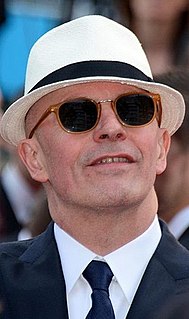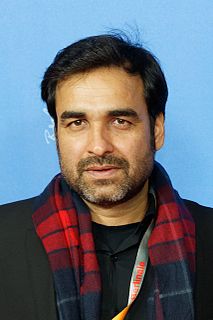A Quote by Jonas Mekas
To me, cinema is cinema. Cinema is one big tree with many branches. The same as literature. In literature, you don't just say, 'Oh, I bought some literature.' No, you say, 'I bought a novel' by so-and-so, or a book of essays by so-and-so.
Related Quotes
The director [Elfar Adalsteins] came to me through my agent and I had a read of the script [of the "Sailcloth]. I thought immediately this is someone who is writing for the cinema. Not having to go through the tedious business of taking something from literature and making that awful leap that is so difficult to make anyway, from literature to cinema. It's refreshing to be able to deal with a subject like that, to be written where the driving force is the image on screen and you don't need any words. The more that we can do that [in film], the better.
I think what I loved in cinema - and what I mean by cinema is not just films, but proper, classical cinema - are the extraordinary moments that can occur on screen. At the same time, I do feel that cinema and theater feed each other. I feel like you can do close-up on stage and you can do something very bold and highly characterized - and, dare I say, theatrical - on camera. I think the cameras and the viewpoints shift depending on the intensity and integrity of your intention and focus on that.
That love is a conflict seems to me obvious and natural. There isn't a single worthwhile work in world literature based on love that is only about the conquest of happiness, the effort to arrive at what we call love. It's the struggle that has always interested those who produce works of art - literature, cinema or poetry.





































